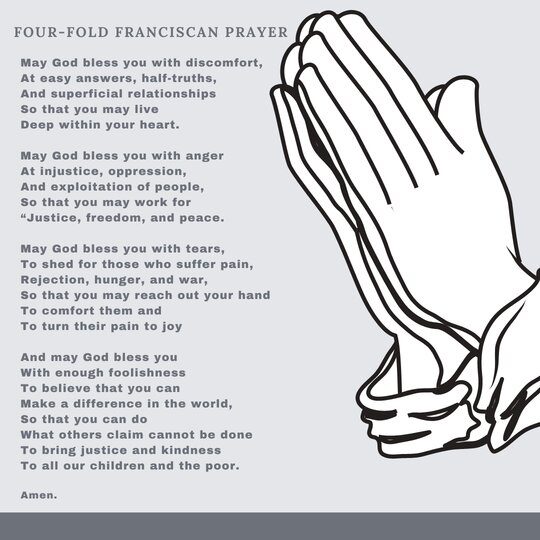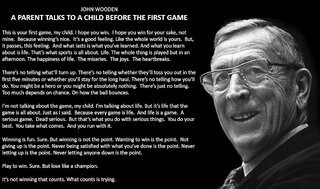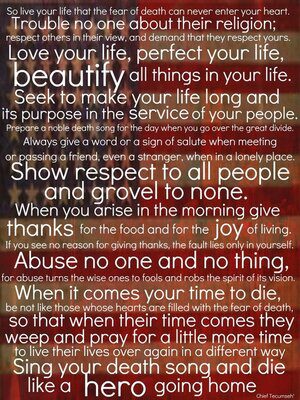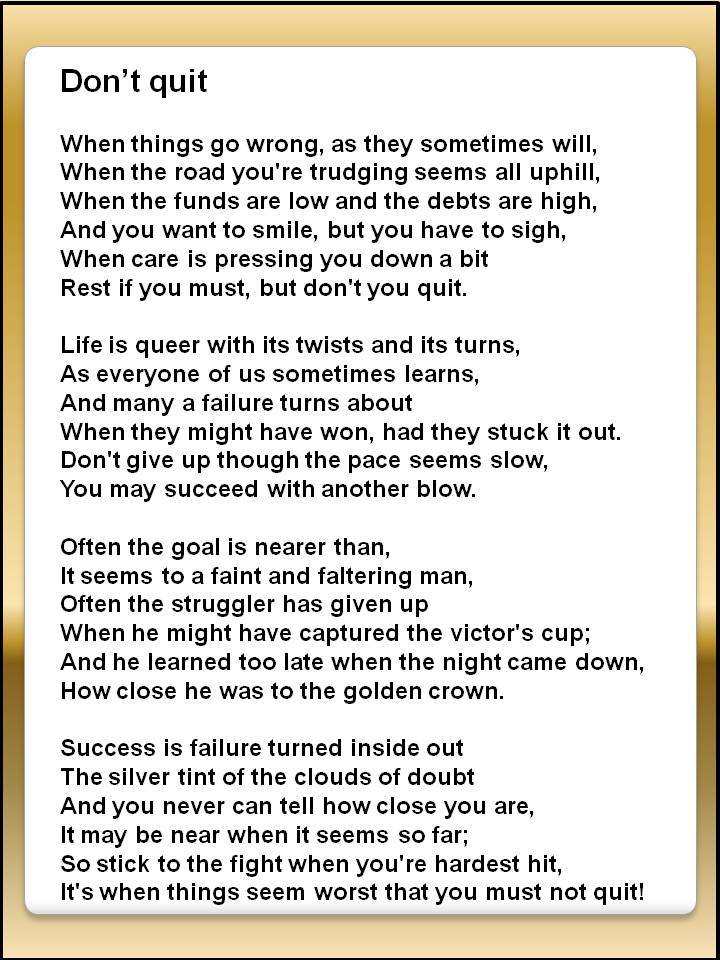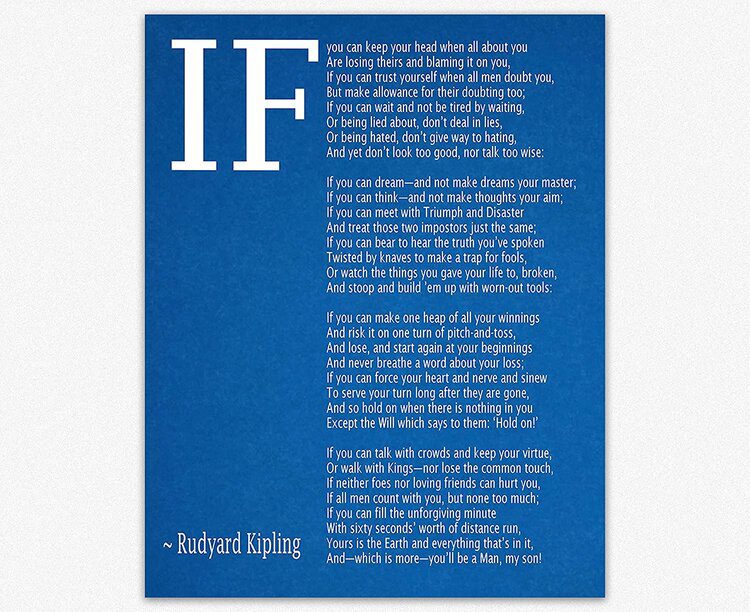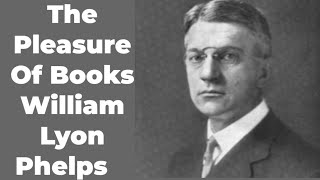SUCCESS makes you fearful, Of losing your place, Of gambling with stature, Of losing your face.
Bracken Darrell is the CEO of VF Corporation, an American global apparel and footwear company. In June 2023, Darrel was appointed CEO of VF Corp, the parent company of Vans sneakers and Timberland boots. Before his appointment, he was CEO of Logitech, a computer peripherals maker. As the CEO of Logitech, he penned a Seuss-like poem titled “The Secret to Success: Avoid It.” wherein he writes about the pitfalls of success.
In a LinkedIn post about the poem, Darrell quipped:
We all seek success, but the actual experience of thinking you’re successful is potentially performance eroding or even dangerous. That’s true for businesses, teams and us as individuals. In extreme cases, others think you are smarter, more creative, and more often right. You aren’t, of course. You’re the same woman or man as before.
In the poem, The Secret to Success: Avoid It, Darrell made the following observations about success and failure:
You joined the world naked, Unclothed and unhaired. You started out solo, Crying and scared.
By trial and error, You crawled up and past two, Then learned right through grade school, High School and Big U!
Sometimes you won, Oft you fell down destroyed, Broken and beaten, and, Worse, unemployed.
Sometimes you won, Oft you fell down destroyed, Broken and beaten, and, Worse, unemployed.
From that elevation, You tumbled down far, You rolled, bounced, and crumbled, You damaged your car.
You climbed up again though, Now humbled, strong willed, No, nothing could stop you, Not even a spill.
You learned to keep learning, As you grew older, When you lost you showed grace, You were humbler but bolder.
As the ‘wins’ piled up, A new friend joined you, too, At first you hardly took notice, But SUCCESS grew and he grew.
He praised average comments, Your most awkward charm, He loved all your faults, Like your worst throwing arm.
He praised average comments, Your most awkward charm, He loved all your faults, Like your worst throwing arm.
SUCCESS makes you fearful, Of losing your place, Of gambling with stature, Of losing your face.
So what now my friend, You see what SUCCESS brings, How does one avoid him, Yet accomplish great things?
You’ve got someone to nurture, Still naked, no hair, That someone is yours, ONLY yours, so take care!
One vulnerable child, Lives lifelong in us all, His name is ‘Potential’, He stands ten feet tall.
SUCCESS is wicked, He’s not what he seems, He lunches on goals, For dinner eats dreams.
And I hope if you live To 120 plus 4, You read this each year, Feel it down in your core.
Remember Success Is the wolf in your tale, Live hungry in life, Always learn and please fail.
All the best in your quest to get better. Don’t Settle: Live with Passion.




